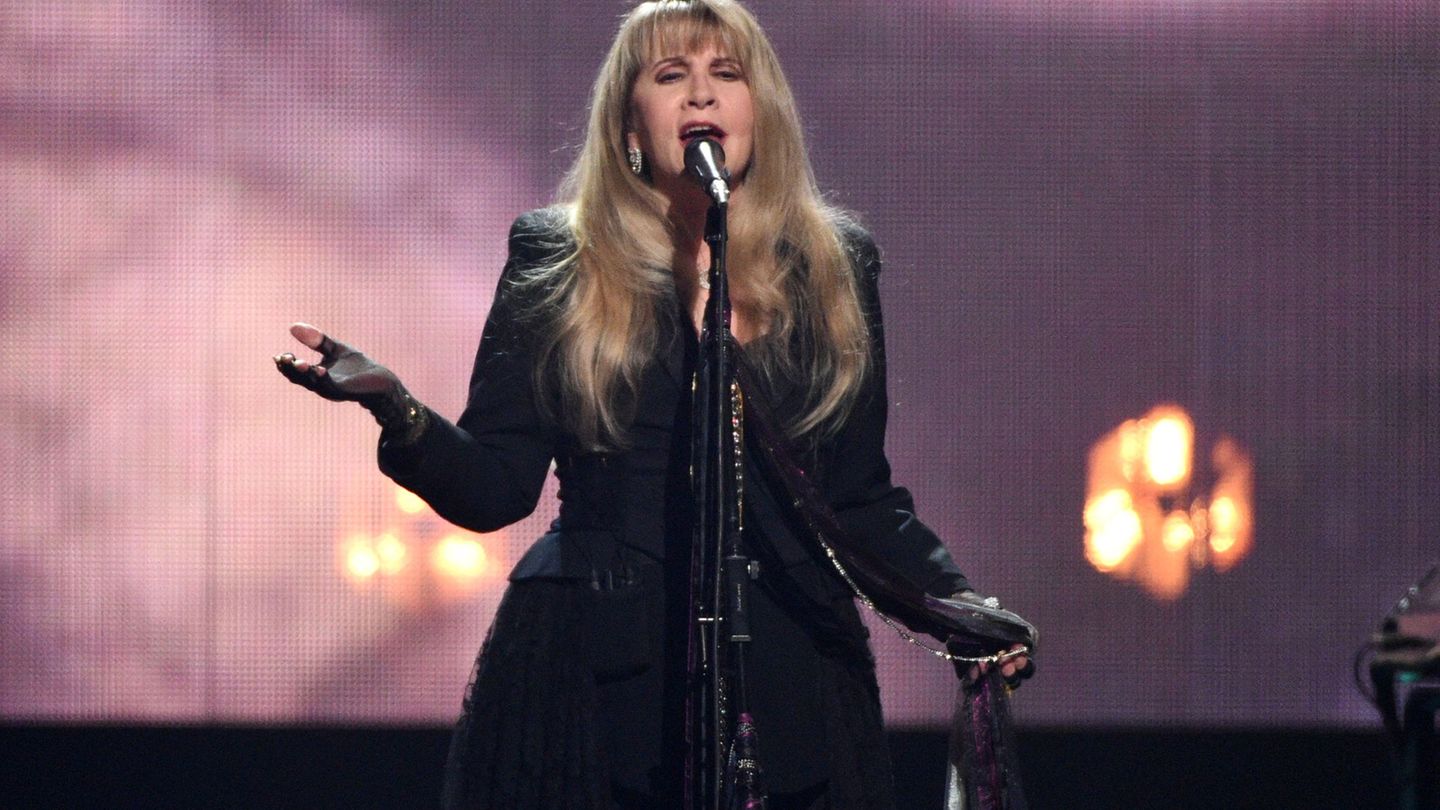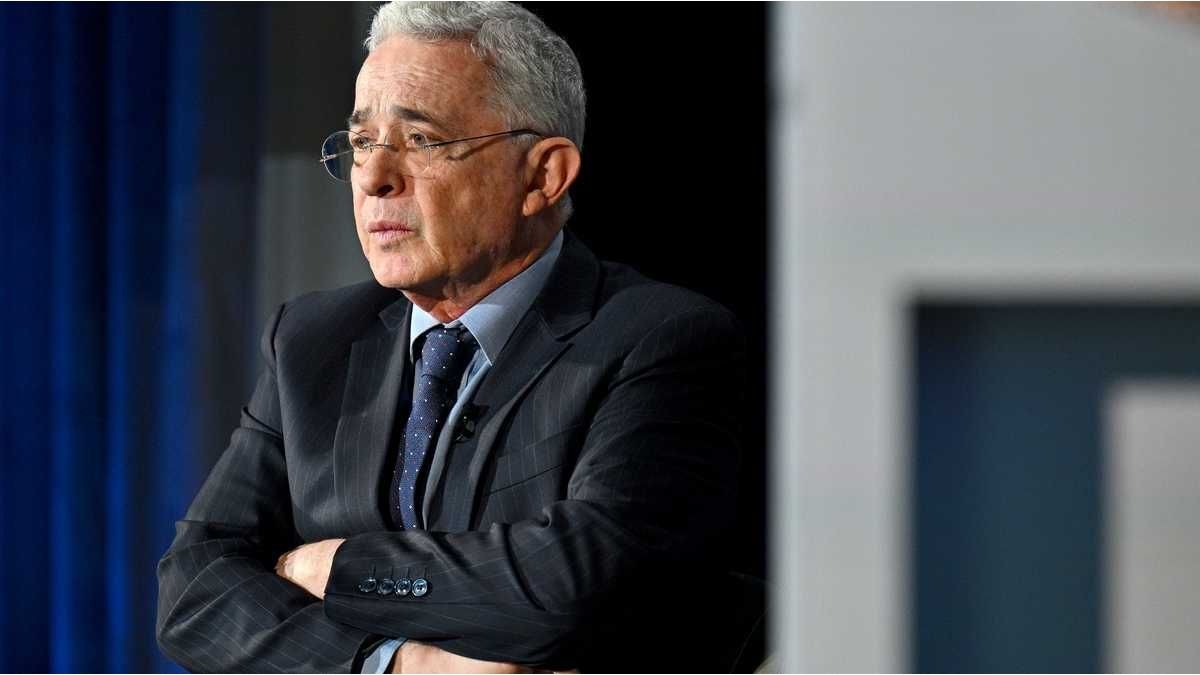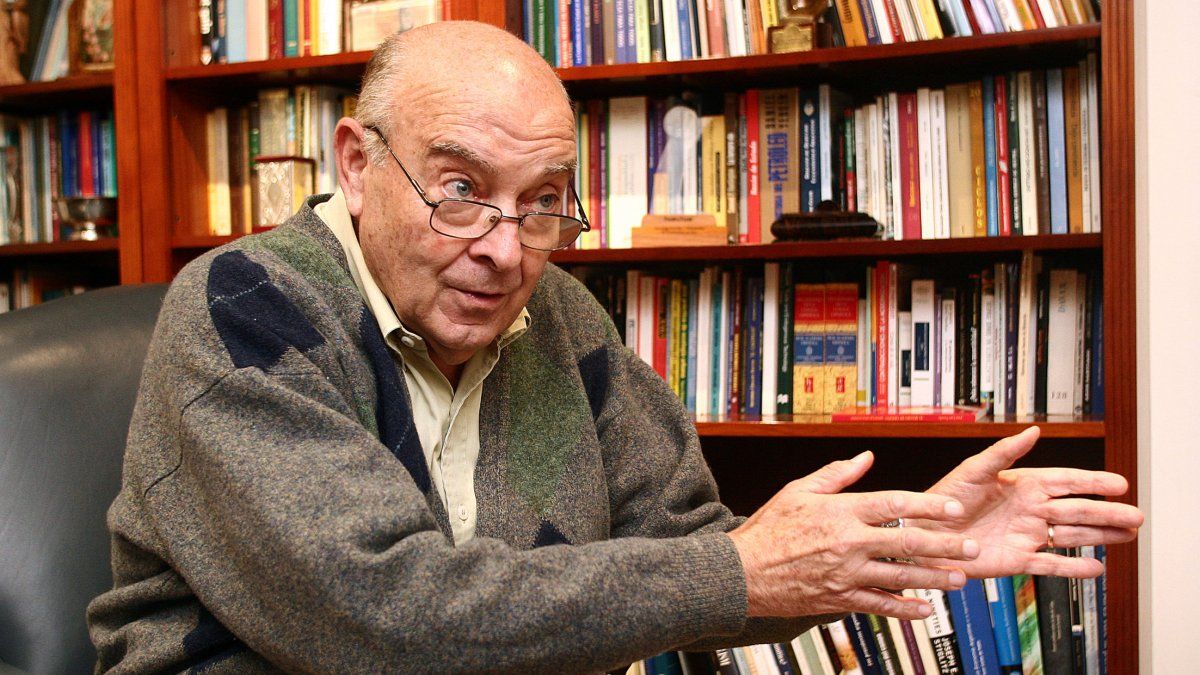“We are calling on Russia to de-escalate,” said a letter from foreign policy chief Josep Borrell to Russian Foreign Minister Sergey Lavrov, which was handed over to Russia’s ambassador in Brussels on Wednesday. Moscow must immediately withdraw its troops from the border area with Ukraine and Belarus. For its part, Moscow has criticized Western arms deliveries to Kiev.
Coordinated reply to letter to Member States
According to the European Union’s foreign and security representative, the letter is a “collective” EU response to letters Lavrov sent to the foreign ministries of numerous member states. In it, he asked each country to come up with its own response to Russia’s demand for security guarantees in the conflict.
The coordinated response of the 27 EU states now states: “Together with our NATO partners, we in the European Union are ready to continue the dialogue with Moscow in order to strengthen everyone’s security.” The Organization for Security and Cooperation in Europe (OSCE) is the “appropriate forum” for Russian security concerns, alongside the NATO-Russia Council and other discussion platforms.
NATO enlargement and US military in Eastern Europe points of contention
In the conflict, Russia had demanded, among other things, a halt to NATO’s eastward expansion and the USA’s renunciation of military bases in countries that used to be under the Soviet sphere of influence. The OSCE, based in Vienna, was founded as a security forum during the Cold War. The 57 members also include Russia and the USA.
Weapons deliveries “Empowerment”
Russia is now accusing the West of using arms deliveries as a means of exerting pressure in the conflict. Russian Deputy Foreign Minister Sergey Ryabkov spoke of extortion, according to a report by the Russian news agency RIA. Countries like the USA and Great Britain have already supplied arms to Ukraine. The background is primarily the Russian troop deployment of more than 100,000 soldiers on the borders of Ukraine.
Showed understanding for Austria’s position
In Kiev on Wednesday, Ukrainian Foreign Minister Dmytro Kuleba stressed that his country does not expect every Western country to send weapons. Kuleba had already shown understanding on Tuesday during a visit by Foreign Minister Alexander Schallenberg (ÖVP), who had come to Kiev with his counterparts from Slovakia (Ivan Korcok) and the Czech Republic (Jan Lipavsky), that Austria, as a neutral country, did not take such steps could put. But he still hopes for other help, for example of an economic nature. The Czech Republic, on the other hand, is supplying Ukraine with 4,000 artillery shells worth 1.5 million euros.
Schallenberg immediately assured Kuleba that the Council of Ministers in Vienna would decide in February to pay out 2.5 million euros from the Foreign Ministry’s foreign disaster fund. As part of the EU civil protection mechanism, on Tuesday, Schallenberg also handed over 42 pallets of tools, including five diesel generators and 28 water tanks, each with a capacity of 1,000 liters.
While the West warns of an attack, Russia denies such intentions. Russia is demanding security guarantees from the US and NATO. Among other things, it is about the promise that Ukraine will not be allowed to join the western military alliance. NATO rejects this. The government in Moscow sees itself threatened by the growing influence of the West in Eastern Europe since the collapse of the former Soviet Union.
While Spain moved additional fighter jets to southeastern NATO partner Bulgaria on Wednesday amid tensions with Russia, Lithuania asked Germany for additional military aid.
In eastern Ukraine, representatives of the pro-Russian separatists said they did not expect a major war. Andrei Purgin, a local politician and former separatist leader, told Reuters that he sees no change in the civil war in eastern Ukraine that has been simmering since 2014. The next six months will be decisive as to whether peace is reached or whether the conflict, which has claimed the lives of around 15,000 people so far, will escalate. Two other separatists also told Reuters that they did not expect a major military escalation until the spring.
Source: Nachrichten




